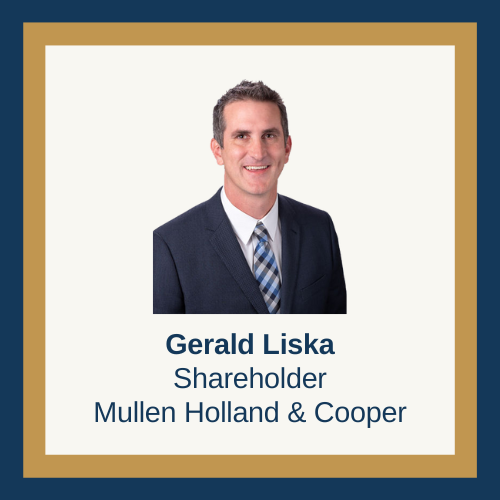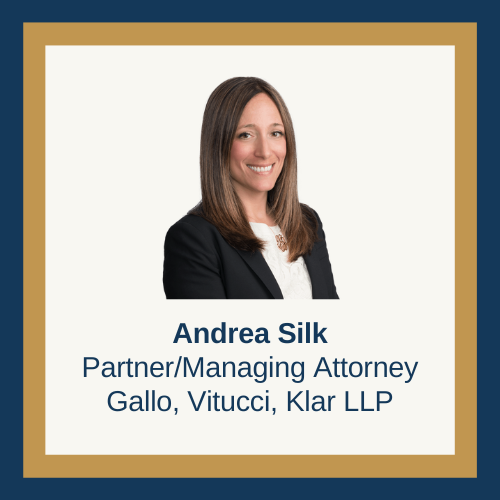Habitual Drunkards in Legal CasesAuthor: Robert J. Marcello, Ph.D., LCP, CCHP – Behavioral Health Expert Source: Exigent Forensic Consulting A Habitual Drunkard has been defined as: “A person given to ebriety or the excessive use of intoxicating drink, who has lost the power or the will, by frequent indulgence, to control his appetite for it” (1). And similarly: “One who has the habit of indulging in intoxicating liquors so firmly fixed that he becomes intoxicated as often as the temptation is presented by his being in the vicinity where liquors are sold” (2). Per the American Psychiatric Association: Diagnostic and Statistical Manual of Mental Disorders, Fifth Edition (DSM-5), a diagnosis of Alcohol Use Disorder includes criteria such as: “A problematic pattern of alcohol use leading to clinically significant impairment or distress”; consumption of alcohol “in larger amounts or over a longer period than was intended”; a “persistent desire” for alcohol; craving to use alcohol; recurrent and/or continued use of alcohol resulting in impairment of social, occupational, or interpersonal functioning; tolerance; and withdrawal (3). While the DSM-5 does not specifically use the term habitual drunkard among the diagnostic criteria for Alcohol Use Disorder, an individual who can be described as a habitual drunkard according to the above definitions, would also meet the criteria for a DSM-5 diagnosis of Alcohol Use Disorder. It is important to note, however, that Alcohol Use Disorder criteria that are consistent with addiction to alcohol must be met in order for an individual to be considered a habitual drunkard. Examples of these criteria are craving, tolerance, and withdrawal. The concepts of Habitual Drunkard and Alcohol Use Disorder can be significant factors in a variety of legal cases including, but not limited to Dram Shop, Driving Under the Influence (DUI), wrongful death, and personnel matters. Such cases routinely involve forensic consultants with expertise in areas such as Dram Shop and Toxicology, however, Clinical Psychologists can also play a significant role in these cases. For example, in a hypothetical case involving a visibly intoxicated individual leaving a bar, operating a motor vehicle, and causing a motor vehicle accident resulting in the death or injury of a second individual, a Dram Shop Expert may be retained address elements such as staff training and over service. In addition, a Toxicology Expert can address elements such as alcohol intoxication and impairment, blood and urine levels of alcohol, and alcohol abuse and misuse. A clinical psychologist could also be involved in such a case in that a clinical psychologist could formally determine whether the driver who caused the accident met the diagnostic criteria of Alcohol Use Disorder, including criteria consistent with addiction to alcohol, thereby also meeting the standard of habitual drunkard. Such diagnostic information could then be used to support and strengthen the opinions of the Dram Shop and Toxicology Experts. Exigent Forensic Consulting has experts in the areas of Dram Shop, Toxicology, and Clinical Psychology, and we are prepared to assist you with cases requiring expertise in any or all of these areas. If you’d like to discuss your exact needs and learn more about how Exigent can help, reach out to our Business Development expert (Larry Wolf: 312-972-050, [email protected]). Citations
|



